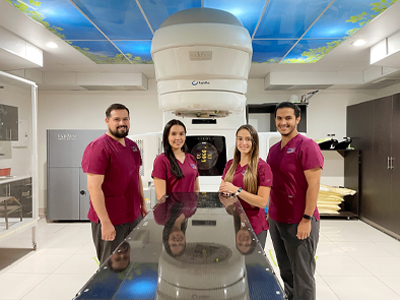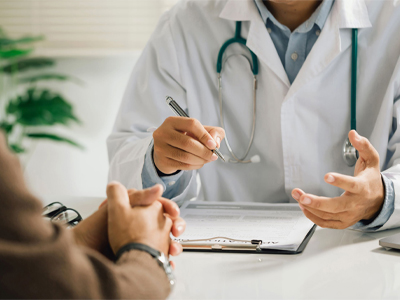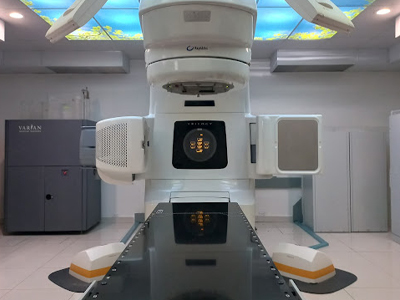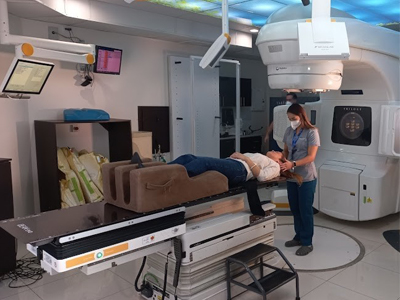Generalidades sobre Nutrición del Paciente con Cáncer
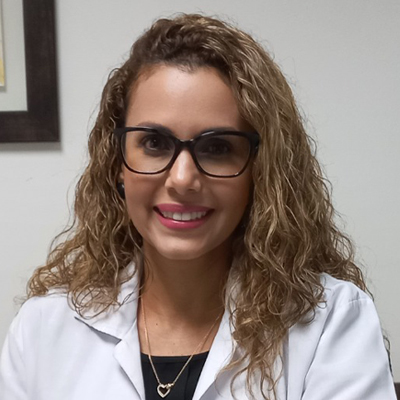
Por: Dra. Meyryn Carrillo
Médico y Cirujano, Máster en Nutrición Clínica y Oncológica.
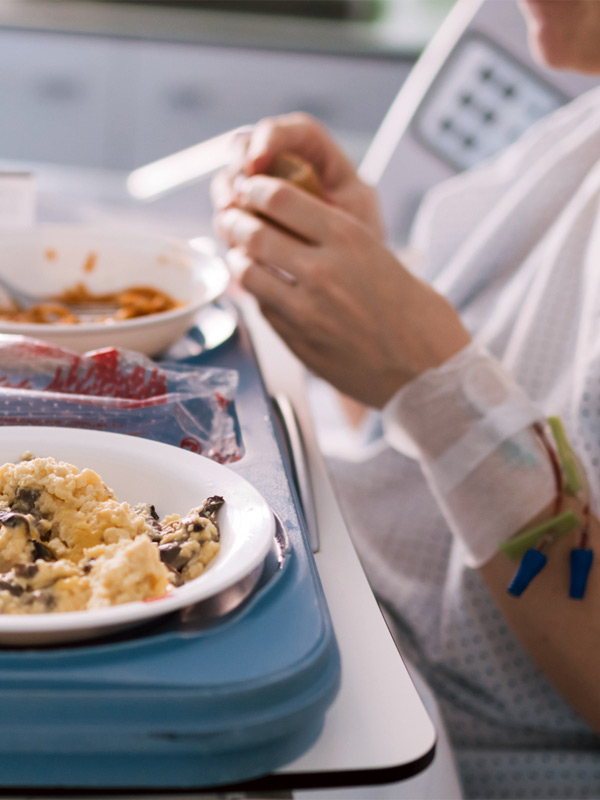
La alimentación es una parte importante para el tratamiento del cáncer. Si se mantiene una nutrición adecuada antes, durante y después de su tratamiento se sentirá mejor y con más fuerzas para realizar las tareas cotidianas. Las personas con cáncer a menudo necesitan seguir una dieta diferente de lo que se considera saludable. Para la mayoría de las personas, una dieta saludable consiste en comer:
- Mucha fruta, verduras y pan integral y cereales
- Poca cantidad de carne y de productos lácteos
- Pequeñas cantidades de grasa, de azúcar, de alcohol y de sal
Sin embargo, cuando se tiene cáncer, se necesita comer para mantener la energía con el fin de superar los efectos secundarios del tratamiento. Cuando la salud es buena, generalmente no es un problema comer suficientes alimentos. Pero, cuando se enfrenta al cáncer y al tratamiento, esto puede ser un verdadero reto.
Cuando hablamos del término médico «intervalos elongados intra fracción», nos referimos a la separación de tiempo entre las dosis de radiación dentro de un tratamiento. La administración de dosis fraccionadas permite que las células normales tengan tiempo para reparar el daño causado por la radiación, mientras que las células cancerosas, que a menudo tienen una capacidad de reparación más limitada, pueden acumular daño y eventualmente morir (Shibamoto, Miyakawa, Otsuka, & Iwata, 2016).
Las personas experimentan diferentes emociones y reacciones físicas antes, durante y después del tratamiento para cáncer. Una buena nutrición es muy importante para el paciente diagnosticado con algún tipo de cáncer porque ayuda a que se sienta mejor, a sobrellevar mejor el tratamiento médico recomendado y a luchar contra la enfermedad. Existen ocasiones en que la persona no puede consumir una alimentación adecuada lo que puede causar pérdida de peso y debilidad general.
Cuando se diagnostica cáncer, el médico puede recomendar uno de estos tratamientos, tales como: cirugía, radioterapia, quimioterapia, terapia hormonal y biológica (inmunoterapia) o alguna combinación de éstos. Todos estos métodos tienen efectos secundarios que pueden afectar que la persona obtenga una nutrición adecuada incluyendo:
EFECTOS SECUNDARIOS
- Pérdida de Apetito
- Cambios en Gusto y Olfato
- Pérdida o Ganancia de Peso
- Náuseas y Vómitos
- Irritación de Boca o Garganta
- Diarrea
- Sequedad en Boca
- Intolerancia a la Lactosa
- Problemas Dentales y en las Encías
- Estreñimiento
El sentir estos efectos secundarios va a depender de muchos factores, incluyendo el tipo de cáncer, la parte del cuerpo que ha recibido tratamiento, el tipo, la duración y la dosis del tratamiento. Algunos problemas de alimentación son causados por el propio tratamiento, pero a veces son a consecuencia de que la persona se siente disgustada, preocupada o asustada. Mientras se está bajo tratamiento para cáncer se debe consultar con un(a) Nutricionista para que realice recomendaciones específicas sobre una alimentación adecuada.
Para obtener una mejor nutrición se pueden seguir unas recomendaciones dietarias generales, según el efecto secundario:
Pérdida de Apetito: Se recomienda consumir comidas pequeñas y frecuentes. Se debe tener meriendas altas en calorías y proteínas al alcance, para consumirlas cuando se sienta hambre. Ejemplo: Queso Turrialba o Mantequilla de Maní con Galletas no lácteas, Yogurt bajo en grasa o Nueces.
Pérdida de Peso: Se recomienda seguir las recomendaciones cuando hay pérdida de apetito.
Ganancia de Peso: Es importante notificarlo al médico porque muchas veces puede ser retención de líquidos (edema). Ya sea retención de líquidos o ganancia de peso corporal, se debe consultar con el Nutricionista.
Irritación de Boca o Garganta: Se debe consultar al médico para asegurarse que no es un problema dental. Consuma alimentos blandos que sean fáciles para masticar y tragar. Ejemplo: Algunos tipos de Batidos, Guineo, Frutas en Puré o Enlatadas, Néctares, Yogurt bajo en grasa, Papas Majadas, Macarrones en salsa de tomate natural, Gelatinas, Flanes con leche deslactosada y descremada, Huevos Revueltos, Cereales Calientes, Vegetales en Puré, Purés de Carnes etc.
Sequedad en Boca: Se recomienda tomar un sorbo de agua cada 5 o 10 minutos para que pueda tragar mejor. Se debe consumir bebidas dulces o ácidas, como limonada, chupar caramelos, paletas o gomas de mascar para producir más saliva. Se le puede añadir a los alimentos salsas y aderezos y consumirlos en puré para que sean más fáciles de tragar.
Cambios en Gusto y Olfato: Se puede sentir sabor amargo o metálico en los alimentos, especialmente en las carnes u otros alimentos altos en proteínas. Además, muchos alimentos se pueden sentir con menos sabor. Se debe elegir los alimentos más atractivos a la vista y el olfato. Si no se desea consumir carne de res o cerdo por el sabor que se siente, se puede consumir carnes blancas como aves, pescados frescos con poco olor, huevos o lácteos. Los alimentos se pueden marinar en jugos de frutas dulces, aderezo italiano o salsa agridulce. Si se está sintiendo malestar con los olores, se recomienda servir los alimentos a temperatura ambiente.
Náuseas y Vómitos: Se debe preguntar al médico por los medicamentos llamados antieméticos que pueden ayudar a controlar las náuseas y los vómitos. Se recomienda evitar los alimentos altos en grasas, picantes, ácidos, muy dulces y de olor fuerte. Se debe tomar menos líquidos en conjunto con las comidas. Tomar pequeños sorbos de líquidos durante el día.
Diarreas: Se debe consultar con el médico para identificar la causa de las diarreas para poder tratarla con éxito. Se recomienda tomar grandes cantidades de líquidos para reemplazar el agua perdida. En lugar de consumir tres comidas grandes se debe consumir pequeñas comidas durante el día y evitar las comidas altas en grasas e irritantes.
Estreñimiento: Se recomienda tomar por lo menos 8 vasos de 8 onzas al día y consumir alimentos altos en fibra, tales como: Panes y Cereales de Grano Entero, Frutas Secas y Frescas con Piel, Vegetales Frescos, Papa con Piel, Habichuelas, Frijoles y Garbanzos. Importante consultar previamente al médico ya que de acuerdo al tratamiento que lleve algunos alimentos se excluyen de la dieta.
Cuando se diagnostica cáncer es muy importante llevar el tratamiento adecuado siguiendo las recomendaciones del Médico y del Nutricionista.
* Esta información no constituye ni sustituye una dieta. Consultar siempre a su Médico o Nutricionista *

